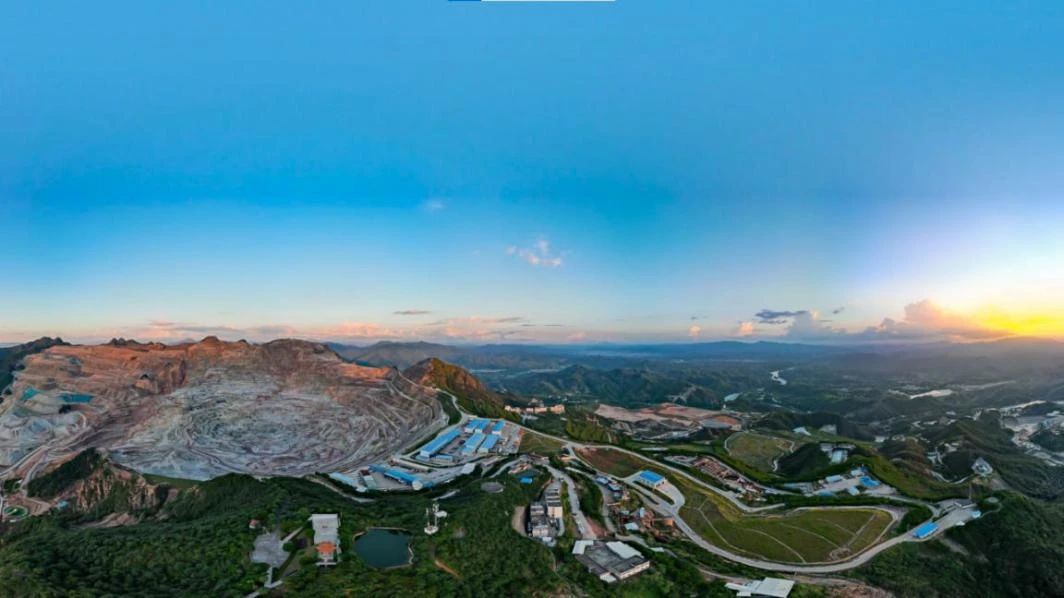
Feb 18, 2022
Iron ore miners around the world have been on edge in recent days after Chinese authorities accused them of fabricating information to prop up prices.
The National Development and Reform Commission and the State Administration for Market Regulation have warned that they will not tolerate falsification of iron ore price information. "The companies involved... They are not allowed to fabricate and publish false price information, fabricate and disseminate price increase information, or bid up prices."

Bowing to pressure, a Shanghai-based e-commerce company retracted an earlier announcement about iron ore shipments from Rio Tinto and Atlas, calling it unverified "false information," Reuters reported.
'this is a desperate move to drive down the price of iron ore,' said MichaelShoebridge, head of defense, strategy and national security at the Australian strategic policy institute. China "knows it cannot directly control the price of iron ore and that Chinese steelmakers are also competing among themselves to get the iron ore they want".
"That will drive prices. There is also no reason for Beijing to claim that the big iron ore producers are doing anything other than engaging in sensible commercial negotiations on price."
In May last year, China vowed to reduce the cost of the export because Australia was "profiteering" from the exorbitant price.
In its five-year plan, China plans to cut 236 million tons of steel capacity across the country and inflict economic pain on Australia by cutting costs.
"The Chinese economy still does not have a large-scale alternative to Australian supply for domestic iron ore producers," Mr Heubridge explained. China produces more than 1 billion tons of steel a year, accounting for more than half of global production, or about 55 percent.
Barley, beef, coal, copper, cotton, natural gas, lobster, sugar, timber, wheat, wine and wool have all been targeted in a worsening of Australia-China relations since Australia called for an investigation into the origin of Novel Coronavirus in 2020.
Australia's Treasury estimates the cost of the Chinese sanctions at about A $5.4bn, but at least A $4.4bn of that has been recovered by finding new markets.
Previous:Vale Produced 15,700 Tonnes Less Finished Nickel in 2021 Than in 2020
Next:Iron Ore 2022: New Opportunities in Crisis, New Business in Change.